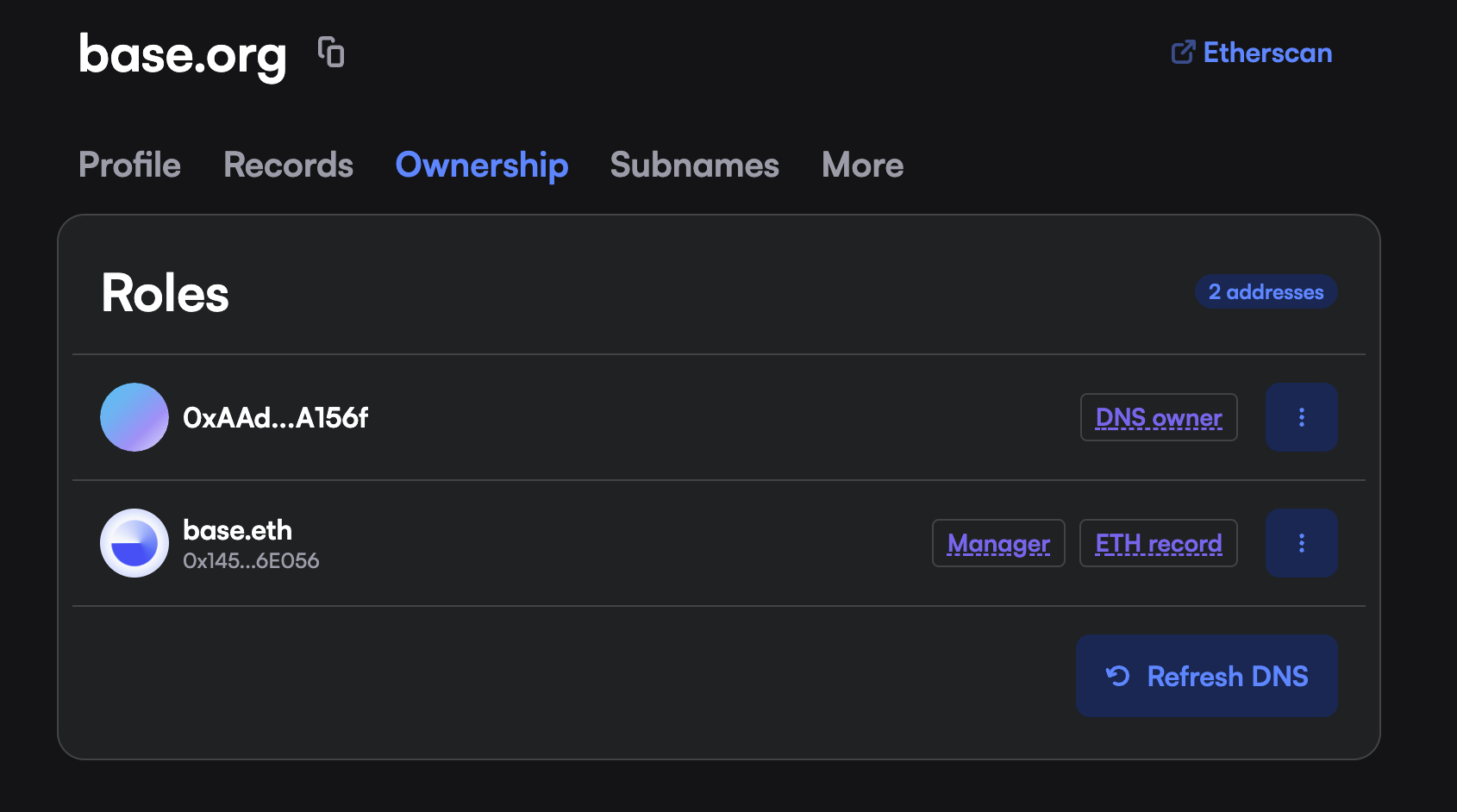DeFi and Protocols Best Practices
DeFi/Protocols Category and Contract Subcategories
DeFi (Decentralized Finance) protocols are financial applications built on blockchain that enable permissionless lending, borrowing, trading, and yield generation. DeFi protocols range from simple single-contract systems to complex multi-layered architectures with multiple versions.
Examples of major DeFi protocols include Uniswap, Aave, Curve, MakerDAO, Balancer, Sushi, Compound, Lido, Rocket Pool, Pendle, EtherFi, 1inch, dYdX, and others.
DeFi protocols are among the most complex categories due to:
- Multiple versions: Protocols often have v2, v3, v4 deployments running simultaneously (e.g., Uniswap v2/v3/v4, Aave v2/v3)
- Multi-chain deployments: Same protocol deployed across multiple chains
- Diverse contract types: Core protocol logic, periphery contracts, routers, factories, pools, vaults
- Varied architectures: AMMs, lending protocols, liquid staking, aggregators each have unique structures
DeFi projects can be divided into subcategories based on their contract types:
- User-facing contracts: The most important category, these are contracts users directly interact with or see in their wallets.
- Protocol contracts: Backend smart contracts that work behind the scenes and contain business logic, typically visible only in blockchain explorers.
- Token contracts: Protocol tokens, LP tokens, receipt tokens (e.g., aTokens, stETH), and governance tokens
- Utility contracts: Supporting contracts used indirectly by protocol or user-facing contracts.
DeFi Contracts Naming and ENS Onboarding Process
Step 1: Register New ENS Domain on ENS App
Ideally you already have registered or can register <yourprotocol>.eth. If not available, you'll need to get creative.
Example: uniswap.eth, aave.eth, curve.eth, maker.eth, compound.eth
Step 2: Create Version and Subcategory Subdomains
Since DeFi protocols often have multiple versions and different contract types, create subdomains to organize contracts:
For protocols with multiple versions:
Some DeFi protocols have multiple versions released and working, those protocols should create versioned subdomains: <version>.<yourprotocol>.eth
v2.<yourprotocol>.eth,v3.<yourprotocol>.eth,v4.<yourprotocol>.eth
If single version: contracts can be named directly under main domain
For subcategories:
-
User-facing: No subdomain needed (named directly under version subdomain as they represent the protocol's primary interface)
- Router contracts, periphery contracts, and interfaces that users directly interact with for swaps, deposits, and withdrawals
-
Protocol:
protocol.<yourprotocol>.eth- Core protocol logic including pool factories, lending pools, vault implementations, and AMM cores
- If versioned -
protocol.<version>.<yourprotocol>.eth
-
Token: No subdomain for a single native token. But if multiple token types then create subdomain -
token.<yourprotocol>.ethlp.token.<yourprotocol>.ethfor LP tokens (optional)
-
Utilities:
utils.<yourprotocol>.eth- Supporting infrastructure like price oracles, libraries, quoters, multicall contracts, and position managers
- If versioned -
utils.<version>.<yourprotocol>.eth
For multi-chain deployments:
- Use ENS multichain support via cointype instead of creating chain-specific subdomains
- Set different addresses for different chains using the chain's cointype address record
- For example:
router.v3.uniswap.ethcan have different addresses for Ethereum (cointype 60), Base (cointype 2147492101), Arbitrum (cointype 2147525809), etc. - For L2 chains supporting ENSIP-19, leverage L2 primary naming for these chains
Step 3: Name Contracts
Name each contract under your domain with descriptive subnames following the patterns below.
Naming Principles for DeFi Contracts:
- User-Facing contracts - Use simple, easy-to-understand names that clearly describe functionality (e.g.,
router,swap,deposit) - Protocol contracts - Use descriptive technical names or direct contract name that indicate the contract's role (e.g.,
factory,pool,vault-implementation) - Token contracts - Use
<token-symbol>.<yourprotocol>.ethor descriptive names for receipt/LP tokens undertoken.<yourprotocol>.eth - Versioning - Always include version in the subdomain structure when multiple versions exist
Please refer to the Appendix for examples on how to recognize and categorize DeFi contracts.
| Subcategory | Description | Naming Convention | Where to Name |
|---|---|---|---|
| User-facing | Router contracts Swap interfaces Periphery contracts Proxy contracts Other User facing contracts | router.<yourprotocol>.ethswap.<yourprotocol>.ethOr router.<version>.<yourprotocol>.ethswap.<version>.<yourprotocol>.eth | Enscribe |
| Protocol | Pool implementations Vault cores Lending pools AMM cores | <contract-name>.protocol.<yourprotocol>.ethOr <contract-name>.<version>.protocol.<yourprotocol>.eth | Enscribe |
| Token | Native tokens LP tokens Receipt tokens | <token-symbol>.<yourprotocol>.ethor <token-name>.token.<yourprotocol>.eth | Enscribe |
| Utilities | Oracle contracts Quoter contracts Factories Libraries Multicall | <contract-name>.utils.<yourprotocol>.ethOr <contract-name>.<version>.utils.<yourprotocol>.eth | Enscribe |
| Other wallets/operations | Treasury Multisig wallets Admins | <role>.<yourprotocol>.eth | ENS App |
Note: If your DeFi protocol has governance/DAO contracts, please refer to DAO best practices for those contract naming.
Step 4: Add Contract Metadata
Add detailed metadata to each contract name according to ENSIP: Contract Metadata Standard and Text Records (draft standard).
Recommended for: User-facing and token contracts Optional for: Protocol and utility contracts
Example - swap-router.v3.uniswap.eth metadata
name: Uniswap V3 SwapRouter
description: Main router contract for executing swaps on Uniswap V3
Avatar: ipfs://qwerty…
url: https://uniswap.org
category: defi
license: MIT
docs: https://docs.uniswap.org/contracts/v3/reference/periphery/SwapRouter
audits: [{"ABDK":"https://abdk.consulting/ABDK_UniswapV3_v1.pdf"}]
proxy (optional):
Step 5: Claim DNS Domain (Optional but Recommended)
Claiming your DNS domain on ENS establishes trust and verifies that the ENS name belongs to the legitimate organization by creating a verifiable link between your traditional web presence and your Project's ENS identity.
This process involves visiting the ENS Manager App, searching for your DNS domain (e.g., <yourprotocol>.com), and following the verification process.
For detailed instructions, refer to the official DNS on ENS documentation which provides step-by-step guidance on the claiming process.
Real-world example - Base (base.org linked to base.eth as manager) demonstrates how an organization should link their traditional domain with their ENS presence for enhanced credibility and trust within the web3 ecosystem.

Appendix
DeFi Contracts Naming Example - Uniswap V3
All Uniswap V3 contracts can be found in their official deployments documentation.
We will be categorizing key contracts according to our best practice standards.
User Facing
These are the primary contracts users interact with to swap tokens, manage liquidity positions, and add/remove liquidity on Uniswap V3.
Example Contracts:
universalRouter:0x66a9893cc07d91d95644aedd05d03f95e1dba8afUniswapV3Staker:0xe34139463bA50bD61336E0c446Bd8C0867c6fE65
Naming Convention:
router.v3.uniswap.eth(with multi-chain addresses via cointypes)staker.v3.uniswap.eth
Protocol
Core Uniswap V3 protocol contracts that handle pool creation, AMM logic, and core swap functionality.
Example Contracts:
UniswapV3Factory:0x1F98431c8aD98523631AE4a59f267346ea31F984- Individual pool contracts (created by factory)
Naming Convention:
factory.protocol.v3.uniswap.ethpool-implementation.protocol.v3.uniswap.eth(for a specific pool implementation, if needed)
Token
Uniswap's native token.
Example Contracts:
UNI Token:0x1f9840a85d5aF5bf1D1762F925BDADdC4201F984
Naming Convention:
uni.uniswap.eth
Utilities
Supporting contracts that provide quotes, multicall functionality, position metadata, and helper functions.
Example Contracts:
Multicall:0x1F98415757620B543A52E61c46B32eB19261F984TickLens:0xbfd8137f7d1516D3ea5cA83523914859ec47F573
Naming Convention:
multicall.utils.v3.uniswap.ethtick-lens.utils.v3.uniswap.eth
Misc (Wallets, Admin, etc)
Administrative contracts, multisigs, and treasury-related contracts.
Example:
ProxyAdmin:0xB753548F6E010e7e680BA186F9Ca1BdAB2E90cf2
Naming Convention:
proxy-admin.uniswap.eth